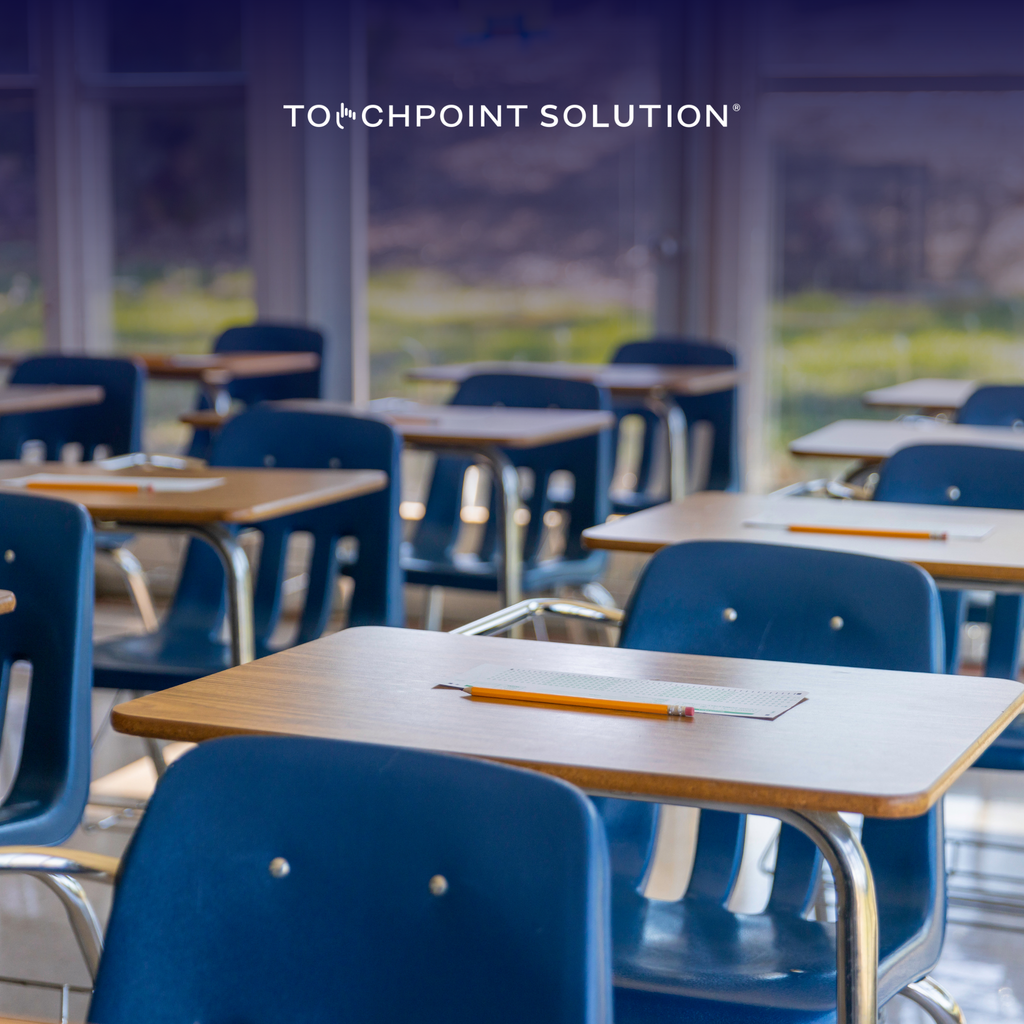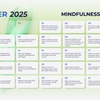Top Trends for the 2024-2025 School Year: Innovations and Insights

As educators, students, and parents gear up for the new school year, it's crucial to stay informed about the latest trends shaping education in 2024-2025. From technological advancements to evolving teaching methodologies, here are the key topics and innovations to watch out for:
1. Integration of Artificial Intelligence (AI) in Education
Artificial Intelligence continues to revolutionize the education sector, offering personalized learning experiences and data-driven insights. AI-powered tools are being used to:
- Adapt Learning Paths: Customize curriculum based on individual student progress and learning styles.
- Enhance Administrative Efficiency: Streamline tasks such as grading and scheduling.
- Facilitate Remote Learning: Support hybrid and online education models with interactive AI-driven platforms.
2. Mental Health and Well-being Initiatives
Recognizing the impact of stress and mental health on academic performance, schools are prioritizing comprehensive well-being programs. Key initiatives include:
- Counseling and Support Services: Increasing access to mental health professionals and counselors for students.
- Mindfulness and Stress Management: Introducing mindfulness practices and stress reduction techniques into daily routines.
- Partnerships with Wellness Providers: Collaborating with external organizations to offer workshops, seminars, and tools for students, teachers, and parents.
Integrating TouchPoints for Mental Health
Amidst these initiatives, TouchPoints offer a unique solution to enhance stress management and promote well-being among students, teachers, and staff:
- Immediate Stress Relief: Empower students to self-regulate and manage stress levels during challenging academic tasks or emotional situations.
- Complementary Therapy: Enhance the effectiveness of counseling and support services with TouchPoints, offering a holistic approach to student well-being.
3. Sustainability Education and Eco-friendly Practices
With growing global awareness of environmental issues, schools are incorporating sustainability education into their curricula and operations:
- Green Initiatives: Implementing recycling programs, reducing carbon footprints, and promoting eco-friendly practices within school campuses.
- Outdoor Learning Spaces: Creating outdoor classrooms and gardens to connect students with nature and promote environmental stewardship.
- Curriculum Integration: Fostering environmental consciousness and responsible citizenship.
4. Continued Embrace of Hybrid Learning Models
The COVID-19 pandemic accelerated the adoption of hybrid learning, and its benefits have led to its continued integration in the education landscape:
- Flexible Learning Options: Allowing students to blend in-person and remote learning based on individual needs and circumstances.
- Digital Collaboration Tools: Utilizing platforms for virtual classrooms, assignments, and interactive discussions.
- Professional Development: Offering training for educators to effectively navigate hybrid teaching environments and leverage digital tools.
5. Diversity, Equity, and Inclusion (DEI) Initiatives
Addressing diversity, equity, and inclusion remains a critical focus for schools, aiming to create inclusive environments where every student feels valued and supported:
- Culturally Responsive Teaching: Incorporating diverse perspectives and resources into the curriculum.
- Anti-bias Education: Providing resources and training to combat discrimination and promote understanding.
- Community Engagement: Fostering a culture of inclusivity within and beyond the school walls.
Conclusion
As we embark on the 2024-2025 school year, these trends highlight the ongoing evolution of education towards more personalized, inclusive, and sustainable practices. Embracing these innovations ensures that schools can meet the diverse needs of students and prepare them for a future characterized by rapid technological advancements and global challenges.
Stay informed and proactive in implementing these trends to create a vibrant and supportive learning environment for students, educators, and families alike.
Explore how your school can integrate these trends into its educational framework. Discover how TouchPoints can complement your mental health and well-being initiatives and support a focused learning environment. Visit our website to learn more about TouchPoints and their benefits for your school community.




